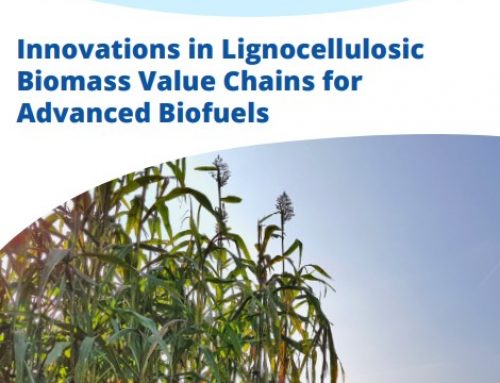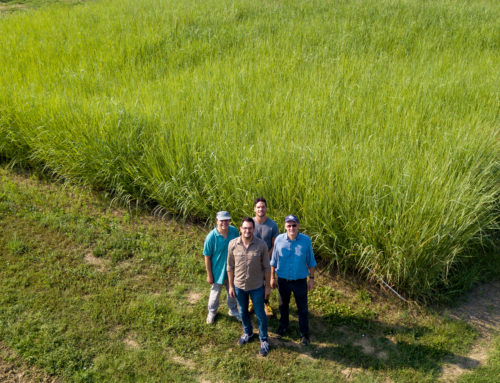During the first year of the project the main research activities of BECOOL were focused on the agricultural and logistical components, with several partners active since the Summer 2017 in conducting field trials of different crops, rotational trials, harvesting tests, and the harmonization of data along the entire value chains.
At the same time, since late 2017 the agricultural partners of BECOOL provided several samples of different lignocellulosic feedstocks to the partners involved in the conversion pathways of the project (gasification, fast pyrolysis and fermentation). Those have already conducted several preparatory activities such as feedstock characterization, pretreatment and initial tests, which have already set the basis for the next intensive experimental activities that will be performed in the second part of the project.
In the first half of 2018 VTT worked on pre-treatment and characterization of giant reed, fibre sorghum and eucalyptus, and plans bio-oil production during 2019. These feedstocks will be then delivered to BTG for further tests, while VTT will evaluate the industrial relevance of bio-derived liquids for gasification, as well as their cost and performance related to second generation biofuels. In addition, VTT will also take part in the evaluation and set-up of two case studies for benchmarking the project processing solutions upon existing gasification pathways.
ECN also conducted some gasification tests of fiber sorghum and eucalyptus in its proprietary MILENA gasifier. Preliminary results indicated a good quality of the gas from both of the feedstocks, although the gas from the fiber sorghum showed a high amount of impurities. ECN is now working on the optimization of the pre-treatment of biomass before gasification and of the process conditions.
Biochemtex is working on the biochemical processing of lignocellulosic biomass, and tested the behavior and suitability of samples of Eucalyptus, sorghum and giant reed versus the biochemical pretreatment step of their proprietary PROESA technology. All of the samples proved to be suitable for the pretreatment phase, with a preference for arundo versus eucalyptus and sorghum. Biochemtex also contributed to the collaborative work on the definition of the logistic chains, and provided lignin-rich residues from its demo plant in Crescentino, to the partner BTG.
BTG has already characterized the lignin residue provided by Biochemtex and started the preparatory frameworks towards the gasification of the liquid intermediates to syngas, and for the production of Fast Pyrolysis Bio Oil (FPBO) from those lignin rich streams. The tests will be conducted in its lab scale FP and gasification test units.
Based on the results of these tests, BTG will also develop an integration model of a fast pyrolysis plant into the industrial process of lignocellulosic ethanol production, as a strategy to valorize the abundant lignin residue generated by the process by producing bio-oil, versus the current destination of lignin to combustion for power generation.







